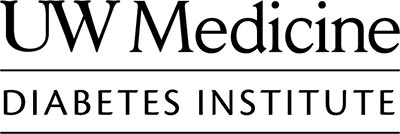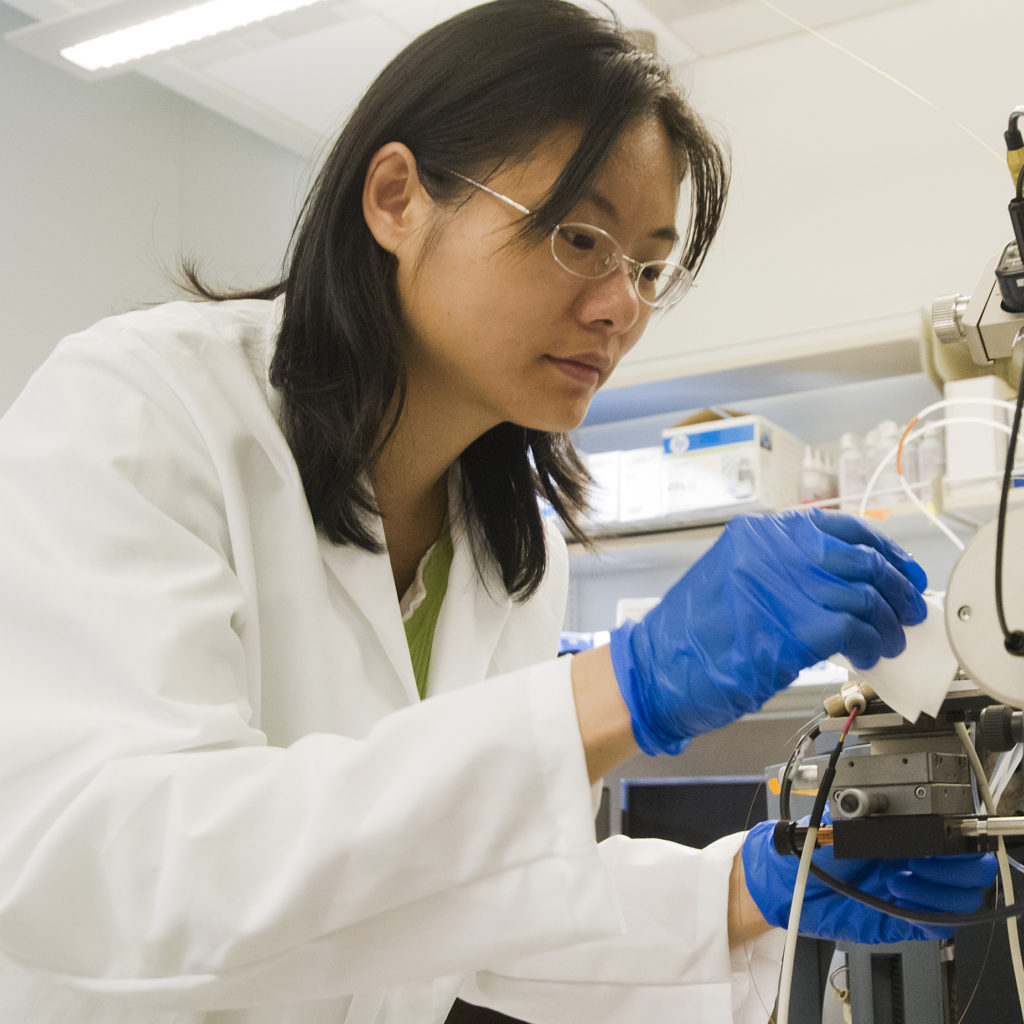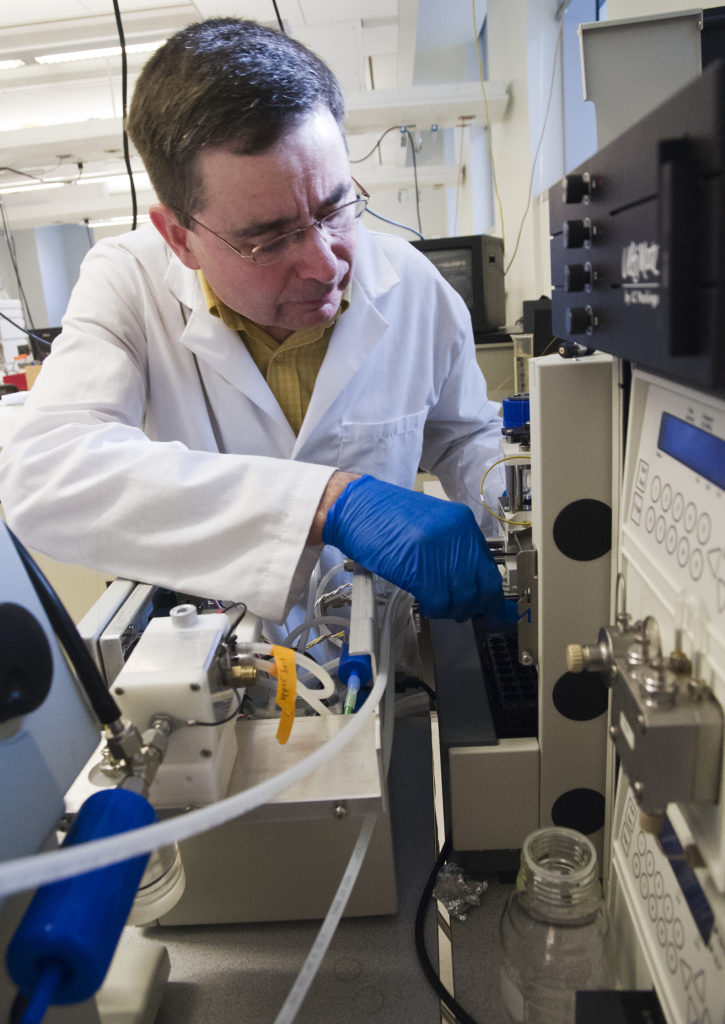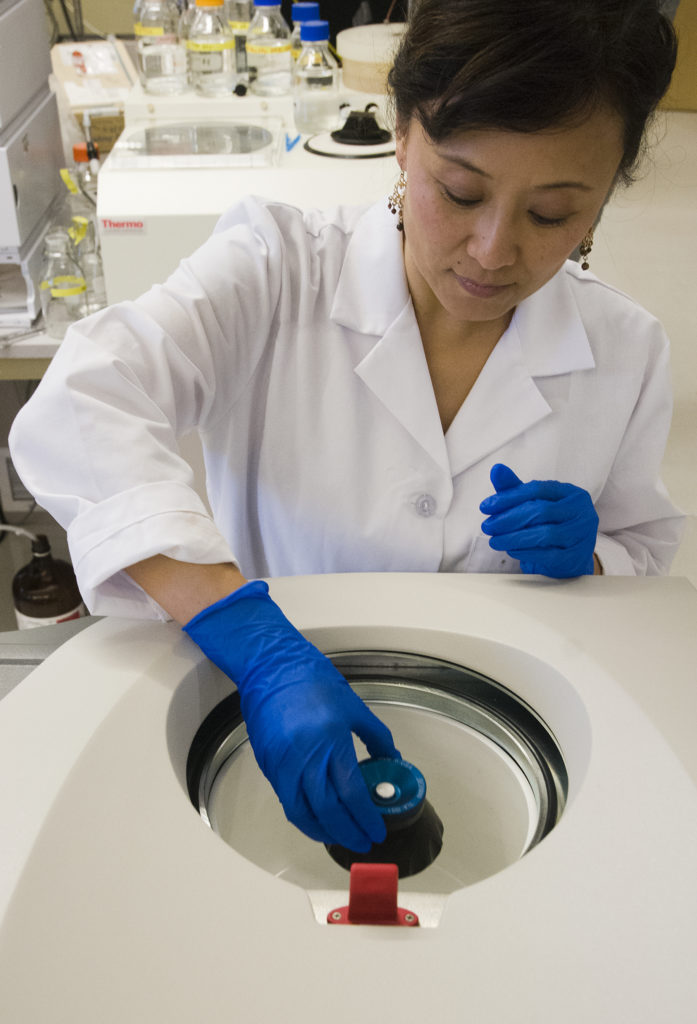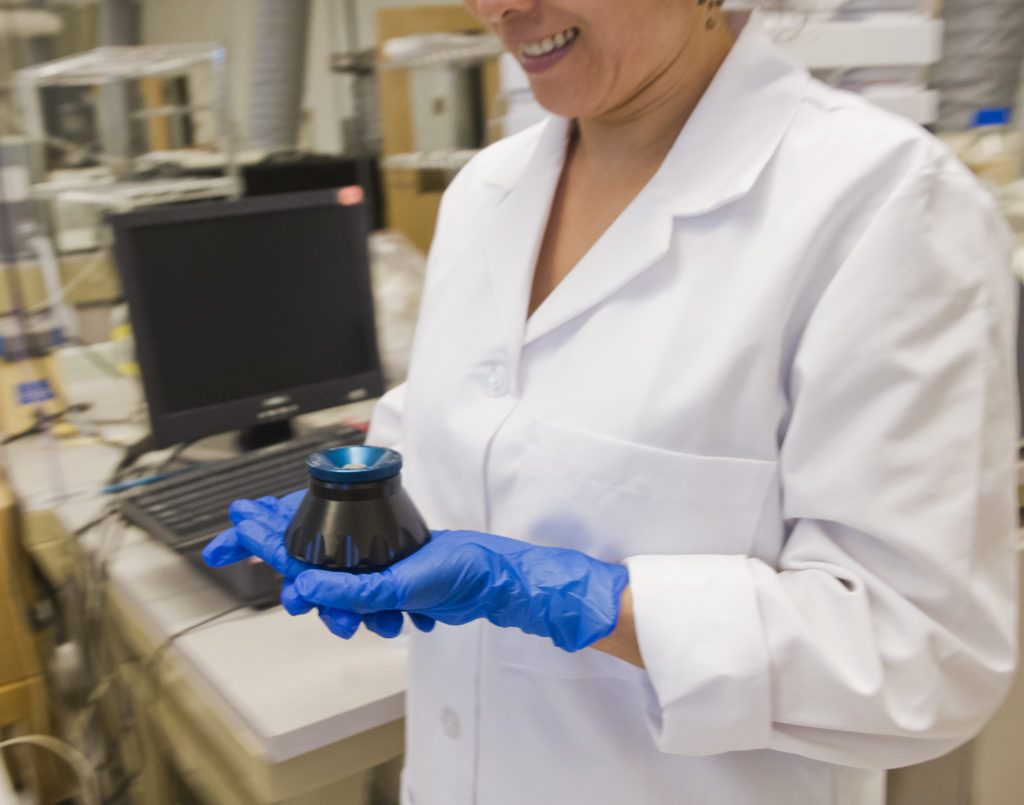Dedicated to understanding the structure and function of HDL (good cholesterol), and to predicting the risk of cardiovascular disease in diabetic patients and other subjects at high risk of atherosclerosis.
The major focus of research in the Heinecke laboratory is to understand the role of HDL and lipoproteins in macrophage biology and in the pathogenesis of atherosclerosis-the major cause of cardiovascular disease. Our efforts are directed towards identifying specific proteins and macromolecular complexes that are central players in cholesterol metabolism and macrophage inflammation. We also have a strong interest in the structure and function of HDL and APOA1, HDL’s major protein. Over the past five years translational studies investigating the role of lipoproteins and apolipoproteins in the pathogenesis of cardiovascular disease has become a major focus of the group.
Current Members of the Heinecke Laboratory

Jay Heinecke, MD
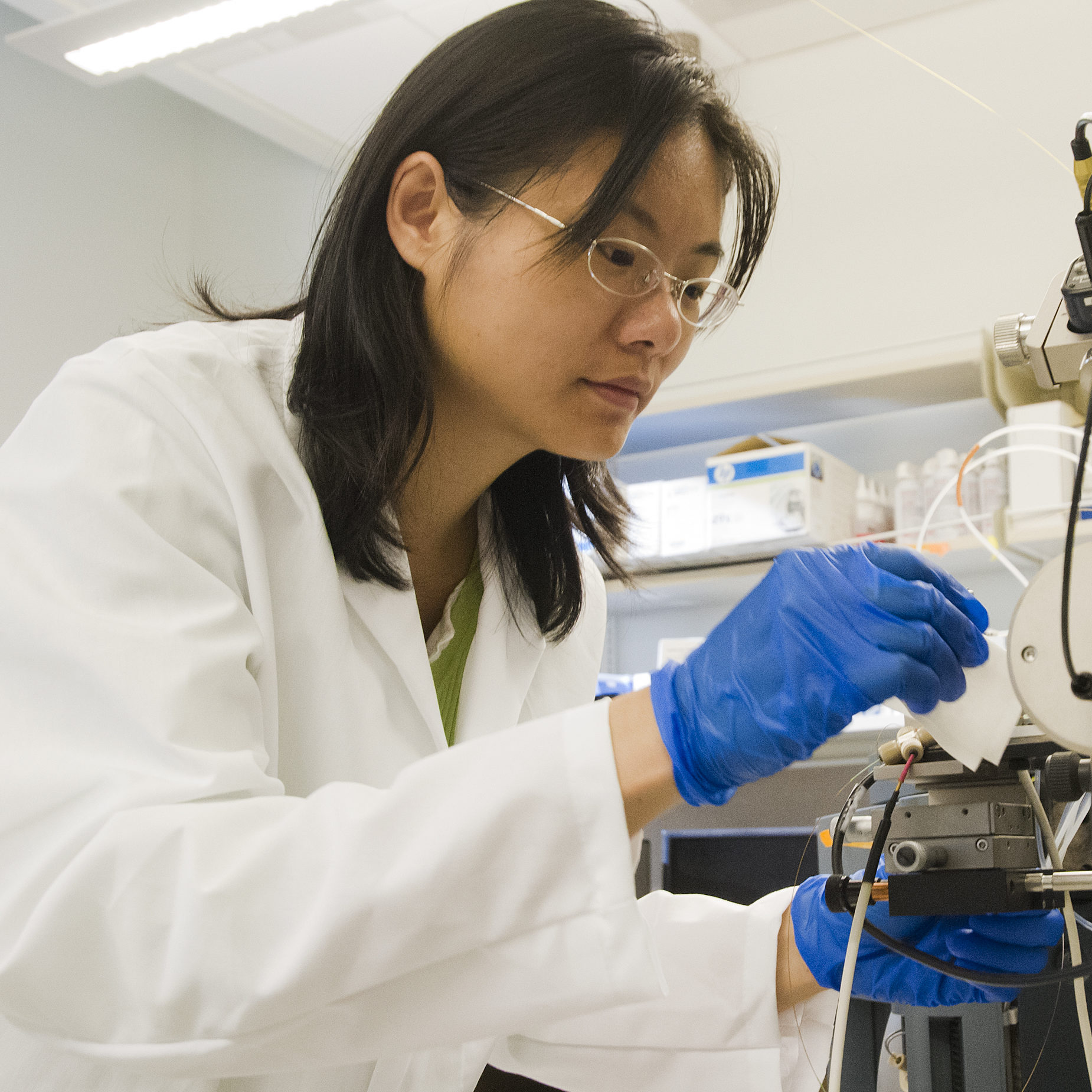
Yi He, PhD

Angela Irwin, BS

Jake Wimberger, BS

Carissa Thornock, BS
Contact Us
UW Medicine Diabetes Institute
850 Republican Street, Box 358062
Seattle, WA 98109
Jay Heinecke: (206)
Laboratory: (206)
Fax: (206) 543-3567
Jay Heinecke: heinecke@u.washington.edu
To inquire about Postdoctoral and Graduate Student Openings click on: heinecke.uw.edu
